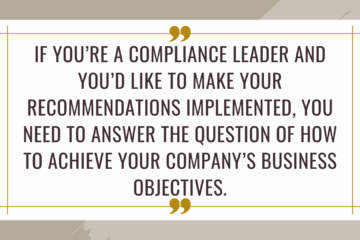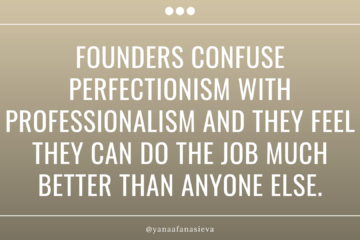Why I Don’t Believe in DAOs
I would like to share with you my thoughts on DAOs.
Wikipedia defines DAO (Decentralized Autonomous Organization) as an organization governed by rules encoded by a computer program (consensus mechanism), controlled by the organization members, and not influenced by a central government.
Bitcoin is generally considered to be the first functional DAO, as it has programmed rules, functions autonomously, and is coordinated through a consensual protocol.
The explosion of DeFi during 2020-2021 has led to a rise in renewed interest in DAOs. 💥
Unfortunately (but predictably), 2 most popular DAO use-cases are based on quite utopian and unrealistic assumptions:
- Trying to establish the DAO to carry out services or commercial activities in an attempt to avoid regulations, to be “above” or “outside” certain jurisdictions or regulatory regimes. This will never work on scale, as I will show you later.
- Trying to establish the DAO as a decision management or project management “software” for complex projects involving multiple stakeholders with misaligned incentives. This does not work either because if your stakeholders cannot make efficient decisions offline, they are even less likely to make better or faster decisions on-chain.
Why is DAO a bad idea for escaping regulations or jurisdictional authority? 🤔
Some short-term thinkers may erroneously believe that within the DAO ecosystem all financial transactions and rules are recorded on a blockchain, therefore nobody is authorizing them, and as a result, nobody should be responsible for compliance checks or regulatory obligations. On the surface, the DAO eliminates the need to involve a third party in a financial transaction. Executing or authorizing those transactions will happen through smart contracts. There are, however, 3 main problems with DAOs in financial services:
- Many DAOs are not that decentralized. Most organizations need funding to be able to operate, and as a result, they create some form of a centralized authority, a decision-making center, coordinated functions distributing tokens, issuing communications, managing organizational budget, distributing rewards, approving or declining technical or governance decisions, which makes them look very similar to corporations or partnerships.
- In many cases, the contractual transfer of ownership or transfer of economic rights requires that the parties to the transaction are either natural or legal persons, otherwise, the agreement won’t have legitimacy.
- Dealing with non-regulated partners or platforms who don’t perform some basic AML checks becomes more and more problematic, especially when you have to rely on/off ramp services. An internet community with a shared bank account and nobody responsible that the funds are “clean” is not going to fly with most banks.
- The funding of DAOs is often based on crowdfunding or otherwise issuing and distributing tokens to DAO participants. Token issuance in most FATF countries is already regulated.
Why standalone DAO (without the corporation behind it) is a bad governance idea? 🤔
DAOs envision a collective organization owned and managed by its members with all of them having a voice but nobody having fiduciary duties or personal accountability if things go wrong. Smart contracts lack legal enforceability and have bugs. The DAO itself may not own assets as there is no specific individual or entity to do so.
I suspect that most DAOs (like most ICO projects that survived) will have to create and maintain their corporate structure and formal governance, if they want to grow, scale, and enter into contractual relationships with others.
What are your thoughts? 💭


